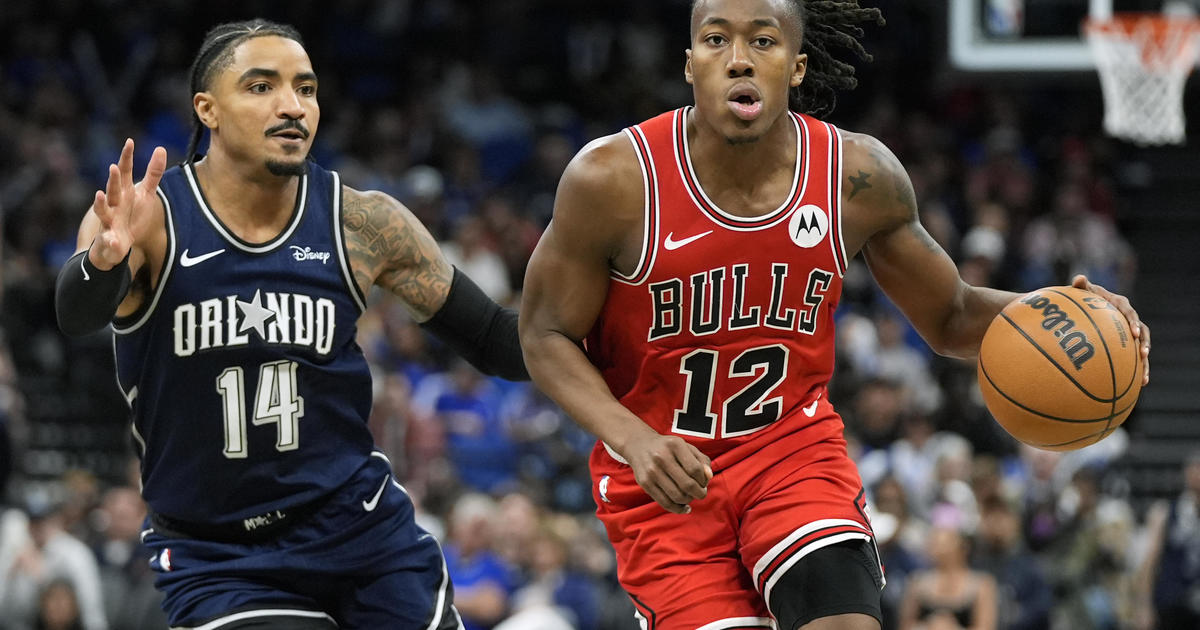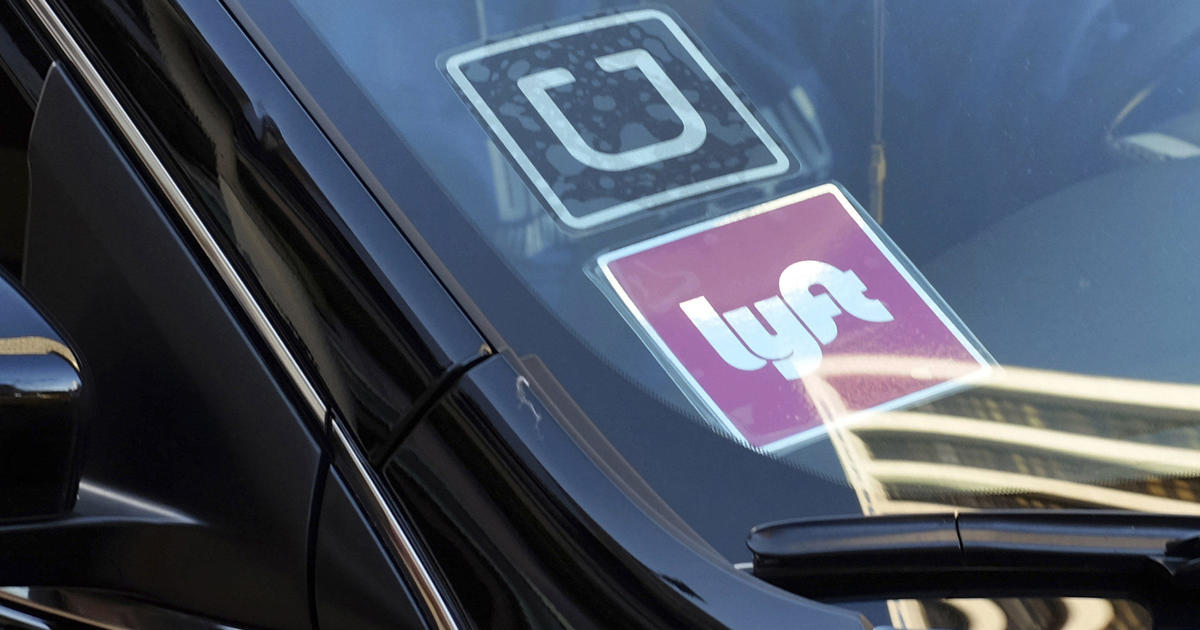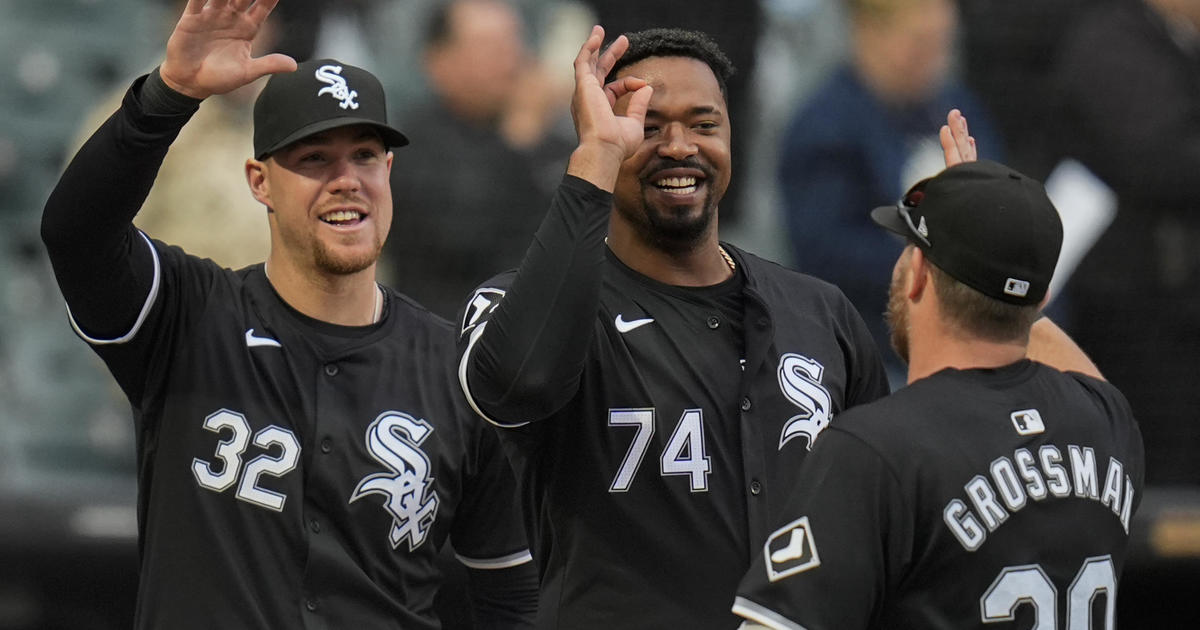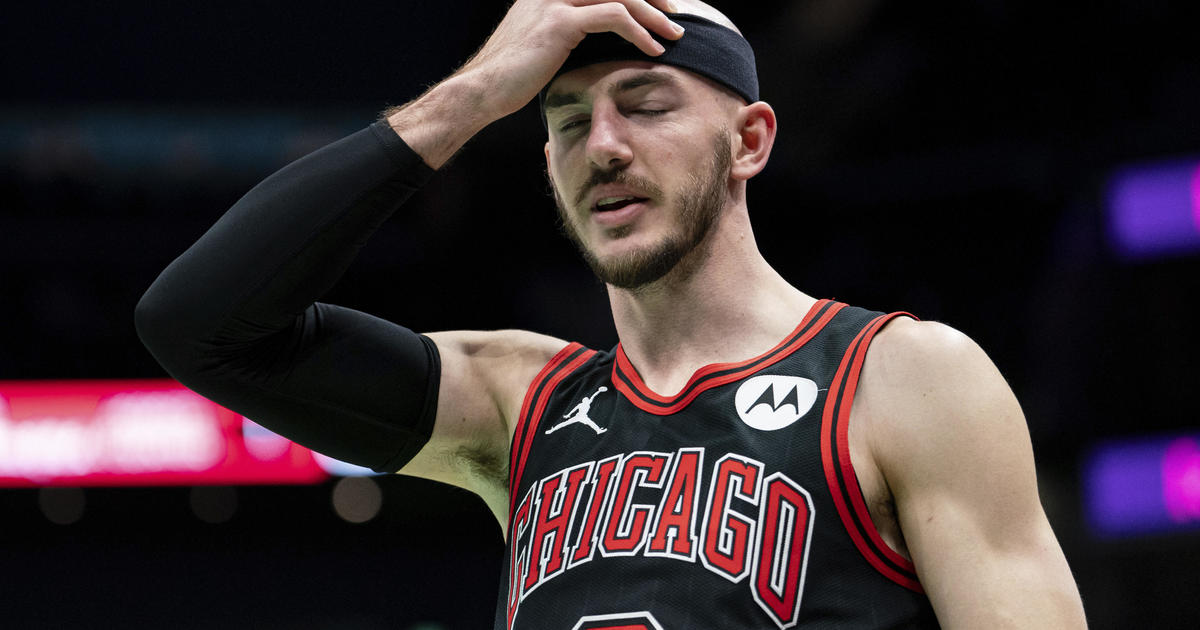Hoge: Trestman's Decision Doesn't 'Add' Up
By Adam Hoge-
HALAS HALL (CBS) — Sometimes you're just wrong.
It happens in all aspects in life. It happens in all professions. It happens a lot when I'm talking to my wife.
But Marc Trestman does not think he was wrong when he decided to opt for a 47-yard field goal on second down in overtime Sunday against the Vikings.
"The decision is not anything that I regret," he said.
Later he admitted that he second-guesses himself "a lot … because I want to be perfect for the guys" but he didn't necessarily think that was the right way to put it.
"Second guessing is kind of the wrong term I would use, but you do look back and ask yourself: 'What other options did I have and would they have worked better under the circumstances?"
So Sunday's decision had to have forced him to ask himself that question, right?
"It does not. It really does not," Trestman said.
By now, the head coach has used many reasons for opting for the field goal Robbie Gould — the third most accurate kicker in the history of the NFL — missed.
The problem is, every reason has an immediate counterpoint that tends to make more sense.
Sunday, Trestman said he was concerned about "something unique" happening like a penalty or a fumble. Well, by definition, "unique" refers to something very special or unusual. In other words, something that doesn't happen very often. And, as you might expect, a penalty or turnover doesn't happen very often for the Bears' offense. In fact, it happens a lot less than Robbie Gould missing a 47-yard field goal.
The Bears have either committed a turnover or penalty on 52 of 810 offensive snaps this season, or 6.4 percent. At the time, Robbie Gould had missed 27 percent of his career field goal attempts from 40-49 yards. To get even more specific, he had made 9-of-12 career attempts from 47 yards, so he had missed 25 percent of them. Either way you look at it, both of those numbers are considerably higher than a 6.4 percent chance of this year's offense committing a penalty or turnover.
But what if they lost a few yards trying to run the ball on second down? Well, Gould is just as accurate from 50-plus yards, making 15-of-20 in his career, or 75 percent. The risk/reward factor undoubtedly points to running at least one more offensive play to get closer.
Trestman also pointed to what had happened to the Vikings on the prior possession, when tight end Rhett Ellison was called for a 15-yard face mask penalty, negating a game-winning kick by Blair Walsh. The thinking was that if it happened to the Bears, they would have two more plays to get back in field goal range. But why is Trestman basing his decisions on an inexcusable penalty committed by a third-string tight end on a team that had only two wins in 11 games at the time?
Monday, the head coach mentioned another reason, multiple times: "We were in the middle of the field."
That reason particularly seems like a stretch, given that the hashmarks in the NFL are just 18.5 feet apart from each other, in line with the goal posts. It's not college football where they are 40 feet apart and the angles can greatly affect a field goal attempt. Of course, even in college, the farther the field goal attempt, the less the angle is a factor. You rarely hear an NFL kicker talk about the hashmarks.
Of all the reasons Trestman gave, this one made the most sense: "Once we got inside the 30-yard line, we were going to kick it. We were well within Robbie's range."
It's simple and it's true. And from a simplistic sense, expecting the third most accurate kicker in NFL history to make a 47-yard field goal is reasonable.
But that doesn't mean it's the right decision on second down.
Nothing in football is simple. That's why the Bears have invested so much in analytics in the past year. And what's so hard to understand is why in what might ultimately be the season's defining moment, Trestman didn't rely on the numbers in the one area of football that is probably the easiest to quantify.
"I didn't do it from an analytics standpoint. I did it from having been around Robbie the entire year and knowing how he kicks the ball and watching him kick in practice," Trestman said. "I had no doubt that he was gonna make the kick."
He did have doubt, however that something would go wrong if he ran another offensive play, even if the numbers show a much greater possibility of it helping a potential field goal attempt. And if disaster struck and Matt Forte lost a fumble on that play, no one would be saying the Bears should have kicked it on second down instead — not from 47-yards. The chances of a fumble are simply not as high as missing a 47-yarder.
The inconsistency in philosophy is what is confusing and the sudden doubt in the same offense Trestman trusted to pick up a fourth down in the Bears' own territory in Green Bay earlier this season speaks volumes.
Adam Hoge covers the Bears for CBSChicago.com and is a frequent contributor to 670 The Score. Follow him on Twitter at @AdamHoge.



